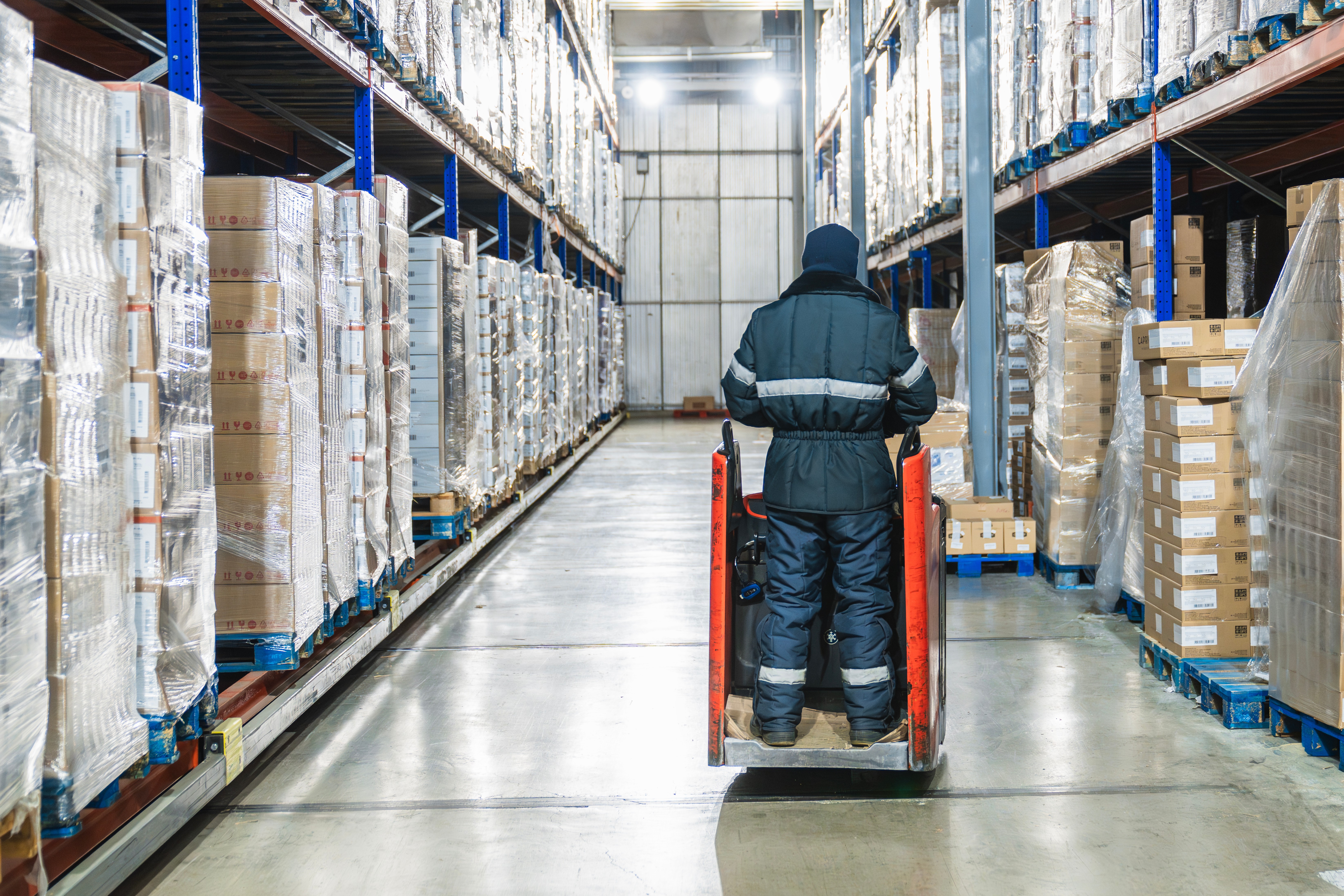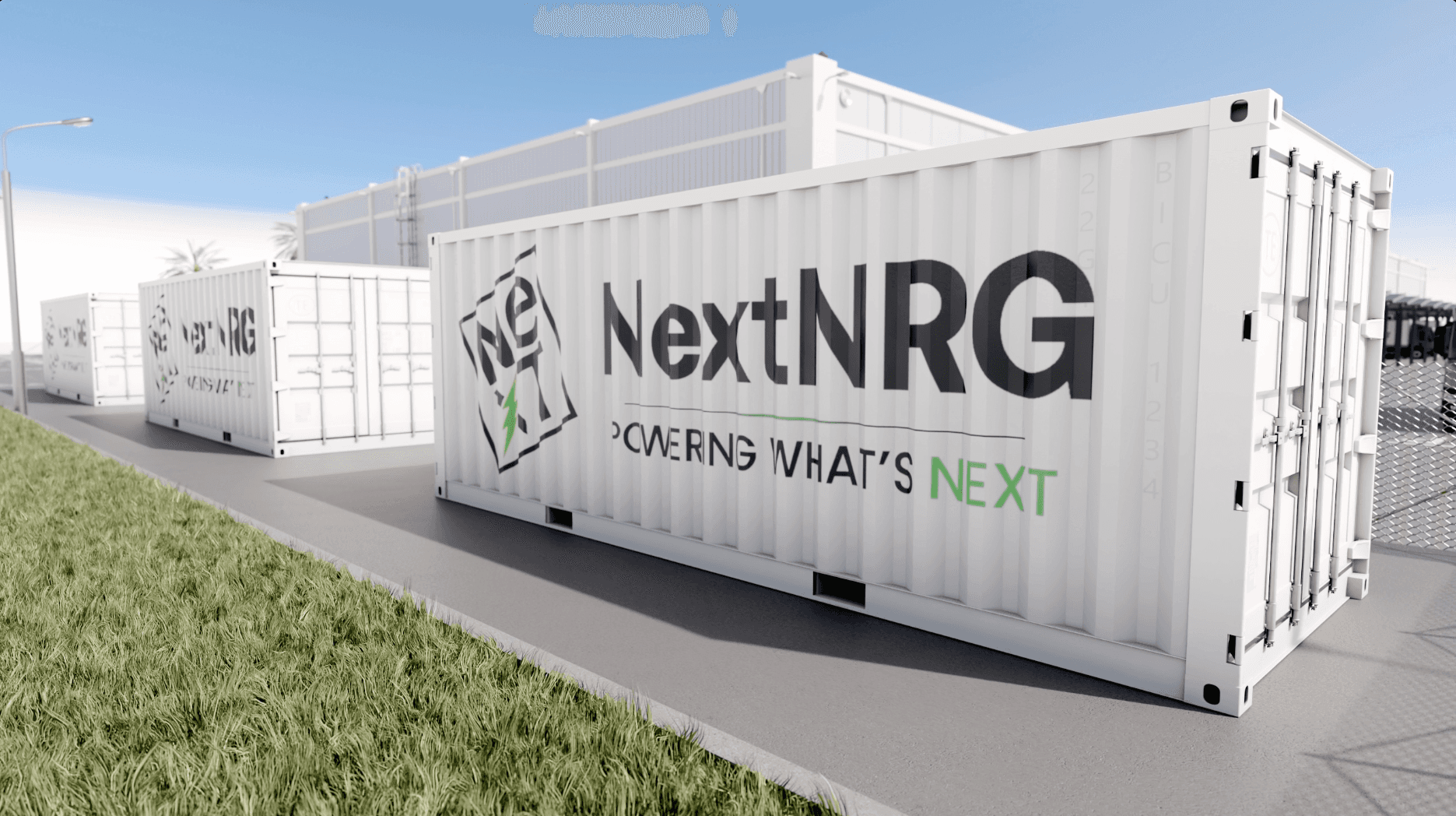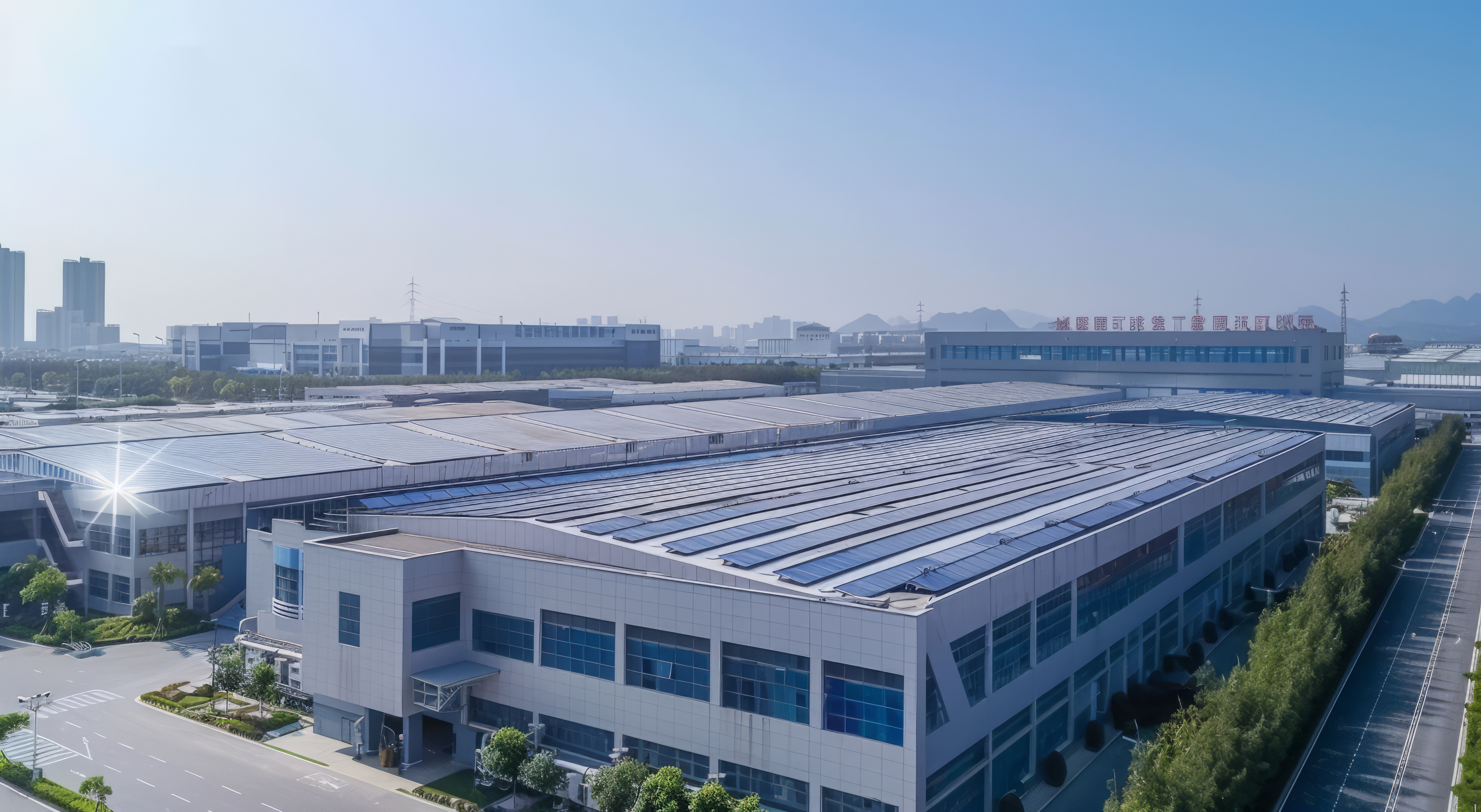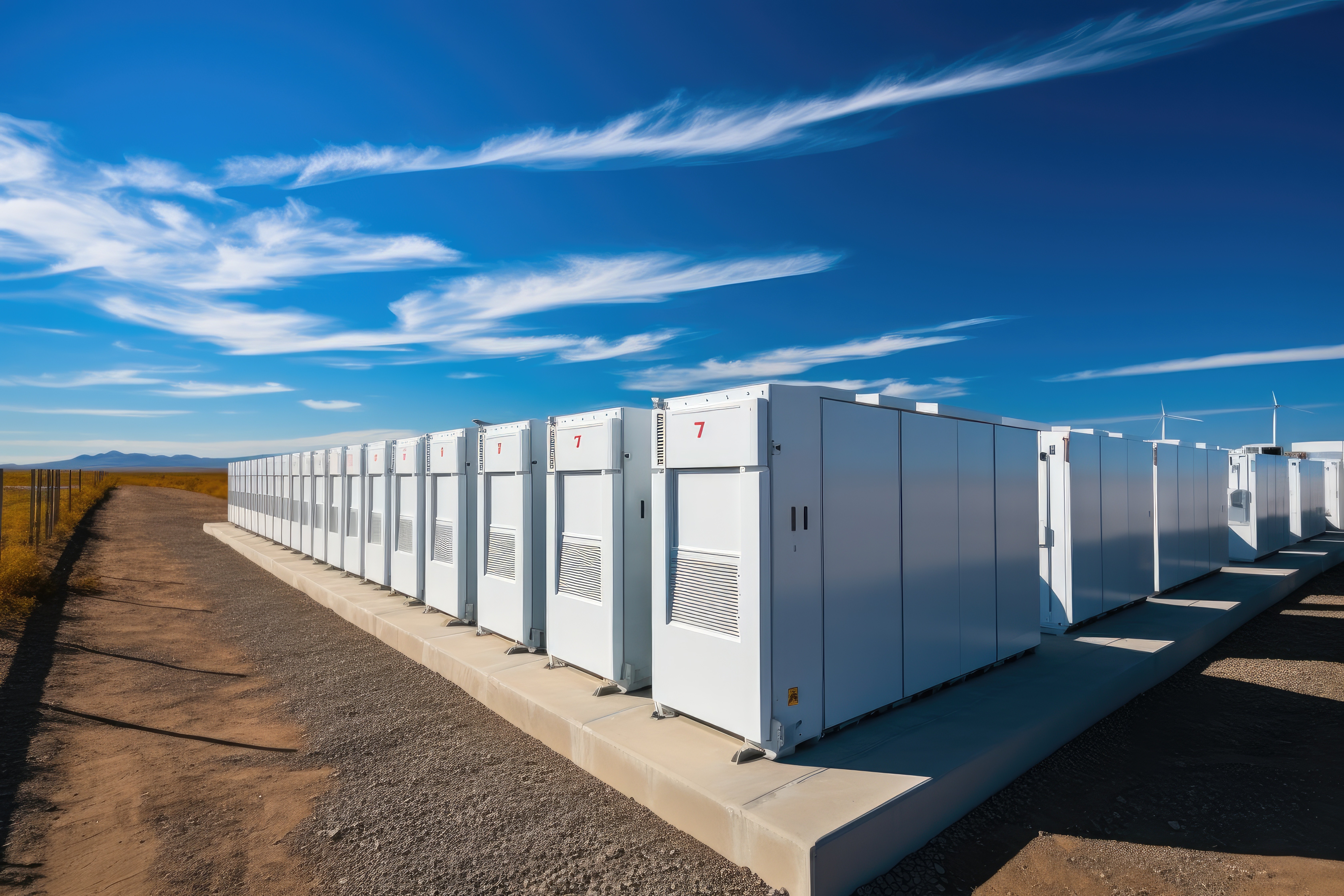
May 16, 2025
By Michael D. Farkas
Miami’s energy future will not be built on more gas stations. It will be built on mobility, adaptability and resilience. These are qualities that mobile fueling provides right now.
As one of the most congested cities in America, Miami drivers in the past year lost an average of 74 hours to traffic.
Whether it is I-95, the Dolphin Expressway or the Palmetto, our highways are gridlocked daily. Fueling up means more idling, more detours and more emissions. This will ruin our beautiful coastline if we continue at the pace we’re doing this at right now. Mobile fueling offers a simple solution: bring the fuel to the vehicle, whether it’s a delivery van, personal car or construction truck, wherever it is parked.
During hurricane season, gas station closures and fuel shortages are not just inconvenient. They can be dangerous. After Hurricane Milton, nearly 2,000 gas stations in Florida ran dry. Who can forget the sights of cars lined up for fuel?
Mobile fueling services can support emergency operations, hospitals and entire communities when traditional infrastructure fails.
Miami also faces unique spatial challenges. As real estate prices climb and development grows vertical, building new gas stations is not only costly, but it is impractical.
Mobile fueling requires no new land use or zoning changes. It leverages existing streets and parking lots to serve energy needs on demand.
The demand is already here. Miami’s logistics and service sectors rely on a growing fleet of commercial vehicles. With over 277 million square feet of warehouse space supporting industries from health care to fashion, keeping these fleets moving is essential.
Mobile fueling reduces downtime and keeps drivers focused on the road, not waiting at gas stations.
And this is not just about vehicles on land. Miami’s marine economy is thriving, with boats playing a key role in tourism, trade and recreation. Mobile fueling extends directly to the docks, offering on-demand fuel for watercraft that otherwise face long lines or location-based limits at marina stations.
Local leaders in Miami-Dade are already thinking about mobility, resilience and sustainability through initiatives like the Climate Action Strategy. Mobile fueling fits that vision by offering a scalable, cost-effective way to support both economic growth and climate resilience.
Miami has always been a city shaped by movement, boasting plenty of people, goods and most of all, ideas. As we invest in smarter infrastructure and more sustainable energy solutions, mobile fueling deserves a seat at the table. It is faster, cleaner, more flexible and built for how our city actually operates today.
We do not need more gas stations. We need infrastructure that moves with us.
Michael Farkas is the CEO of NextNRG Inc.
Don’t Miss Out
Join our newsletter to get latest insights for your brand growth!





